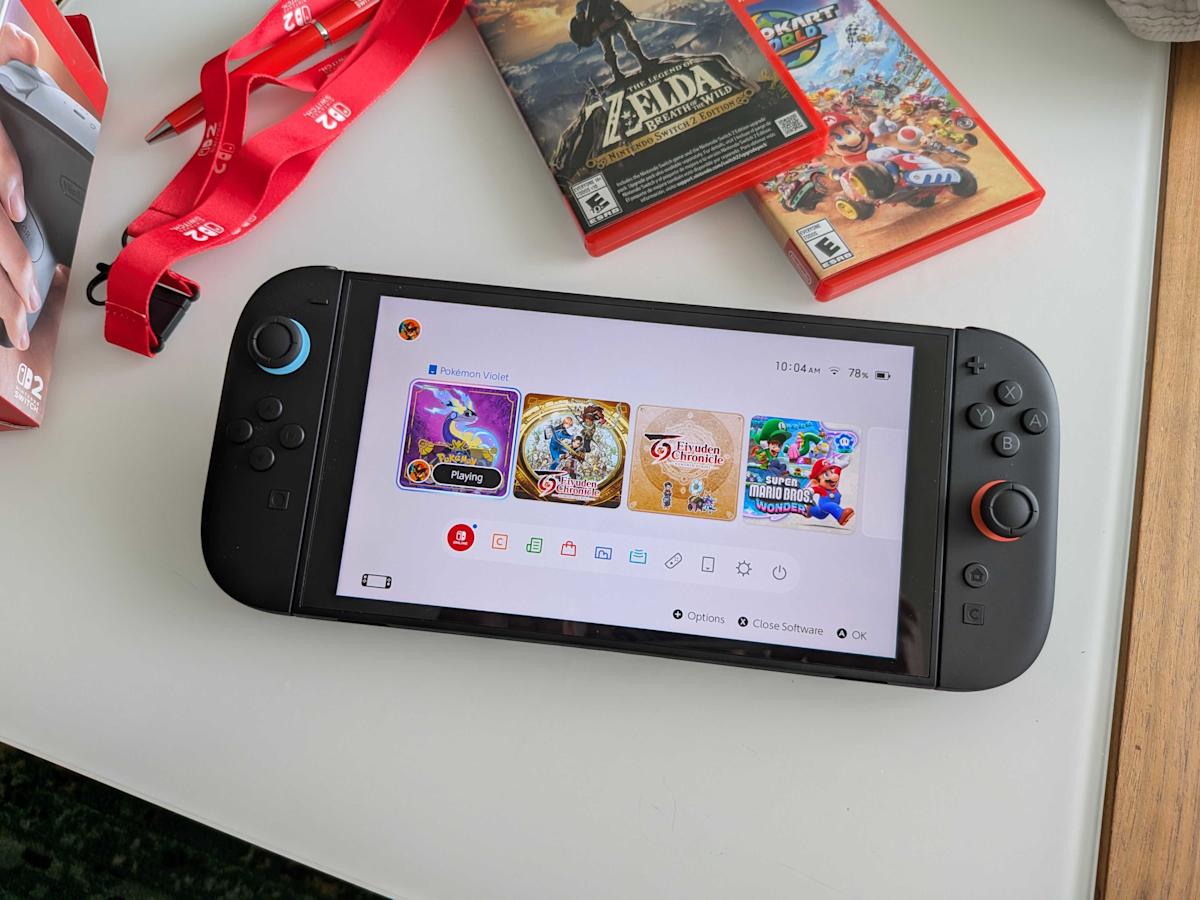A federal judge has temporarily blocked Florida’s new law that bans some children from using social media and requires parental consent for others, according to court documents. Judge Mark Walker ruled in favor of two tech organizations (NetChoice and the CCIA) representing social media organizations like Meta, Snap and X, saying that the state’s bill HB3 signed into law in March this year is “likely unconstitutional.”
The law requires parent or guardian consent for 14- and 15-year-olds to make an account or use a pre-existing account on a social media platform, while children under 14 are banned altogether. Platforms must abide by requests to delete these accounts within five business days and each violation could result in a $10,000 fine. That increases to $50,000 per instance if it is ruled that the company participated in a “knowing or reckless” violation of the law.
“Floridians have the right to access lawful speech without the government controlling what they say, share or see online,” said NetChoice Director of Litigation, Chris Marchese.
The state of Florida tried to bypass normal first amendment free speech protections by employing the “narrowly tailored” rules, saying the law is designed to protect children from five addictive features of social media: push notifications, auto-play videos, live streaming, infinite scrolling and personal metrics. However, the judge ruled that the application is too broad in ways that have been shot down before by the Supreme Court.
“As applied to Plaintiffs’ members alone, the law likely bans all youth under 14 from holding accounts on, at a minimum, four websites that provide forums for all manner of protected speech: Facebook, Instagram, YouTube, and Snapchat,” Judge Walker wrote. “It also bans 14- and 15-year-olds from holding accounts on those four websites absent a parent’s affirmative consent, a requirement that the Supreme Court has clearly explained the First Amendment does not countenance.”
Children could also be banned from social media even if the platforms created youth accounts without any of the five addictive features — as long as they were available for adults. The judge also called out the law’s specificities about the ability of a child to access a platform based on how much time all children spend on the app.
The ruling does leave one provision in place. Social media companies are still required to “terminate any account held by a youth under 16 in the state upon the request of a parent or guardian,” as required by the bill.
Yahoo, the parent company of Engadget, is a member of NetChoice.










